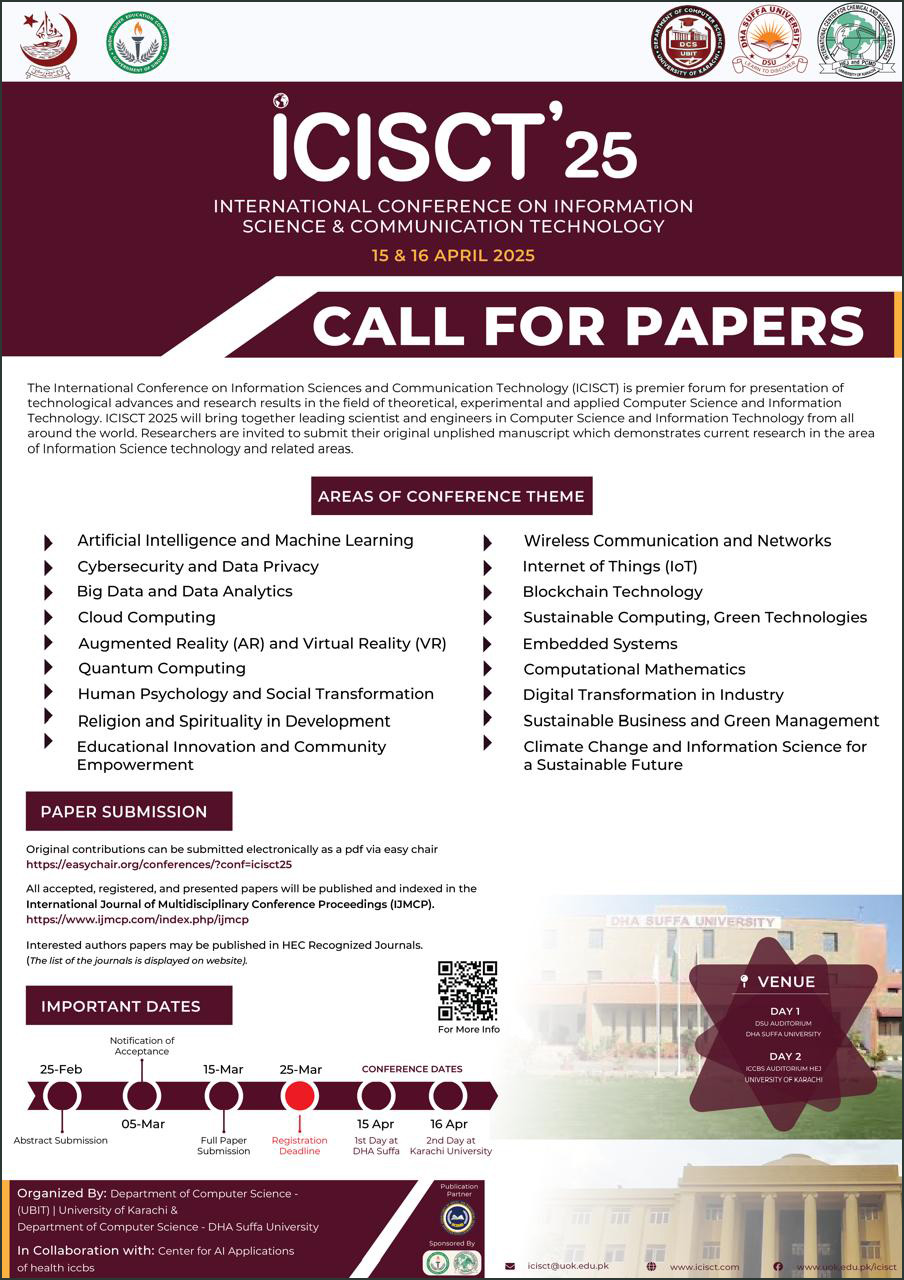Examining Environmental Performance of Islamic Banks Through Green Banking Practices: Mediating Role of Employees Commitment
DOI:
https://doi.org/10.61503/cissmp.v2i3.65Abstract
This study aims to investigate the substantial impact of green banking practices on the environmental performance of banks, concurrently exploring the mediating influence of employees' commitment. To achieve these objectives, a comprehensive empirical inquiry was conducted. Data was collected through a structured questionnaire survey method from a diverse selection of banks operating within the Lahore region. The study employed statistical techniques, including regression analysis and Structural Equation Modeling (SEM), to analyze associations and moderating influences within the conceptual framework. The findings of the study indicated that there is a significant effect of green banking practices on the environmental performance of Islamic banks operating in Pakistan. Further, the research indicated that there is a significant mediating effect of the employee’s commitment between the observed variables. The primary novelty of this research is its comprehensive examination of the intricate interplay between green banking practices and environmental performance within the Islamic banking industry. The primary limitations of the study include a small sample size and considering only Islamic bank managers as the population of the study.
Downloads
Downloads
Published
Issue
Section
License
Contemporary Issues in Social Sciences and Management Practices (CISSMP) licenses published works under a Creative Commons Attribution-NonCommercial (CC BY-NC) 4.0 license.









